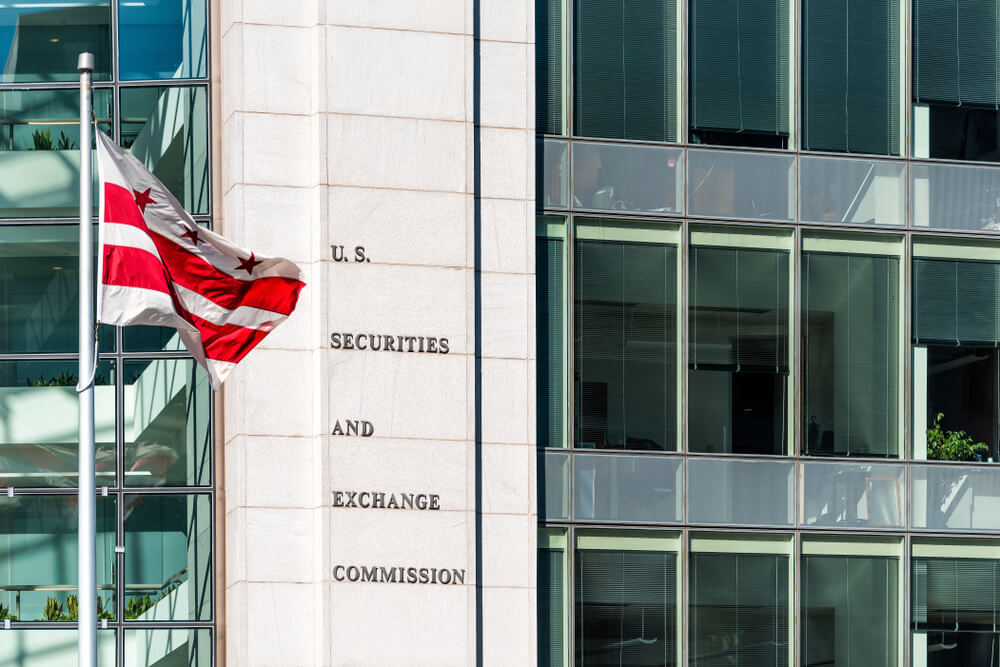ImpactAlpha, Nov.23 – Cannot! Can so!
Just as some states are trying to block so-called ESG investing, the U.S. Department of Labor has given its blessing to the consideration of environmental, social and governance factors in selecting investments for pension fund beneficiaries.
The Labor Department’s final rule, more than a year in the making, reverses Trump-era guidance limiting the ability of retirement plan managers to consider environmental, social and governance factors in selecting investments. Indeed, the guidance has whipsawed with every change of administration since President Clinton’s (here’s ImpactAlpha’s 2015 story on an earlier policy reversal).
The now-superseded 2020 rules, along with the lengthy period of uncertainty as the Biden administration formulated the new guidance, had effectively chilled allocations to ESG-labeled investment options as fiduciaries feared – or claimed to fear – legal liabilities for considering anything other than risk-adjusted financial returns.
“Given the recent wave of misinformed political attacks seeking to undermine the validity of ESG investing strategies, this rulemaking comes at an important time and provides much needed clarity for investors and fiduciaries that ESG factors are indeed material,” said Fran Seegull of the U.S. Impact Investing Alliance.
She called the rulemaking “a win for workers and for the prosperity and resiliency of the economy writ large.” She added, “Equipping fiduciaries with the tools they need to protect the hard-earned retirement savings of American workers is not political. It’s practical.”
The share of investors incorporating ESG factors fell from roughly half in 2021 to just 35% this year, according to a survey of institutional investors by the consulting firm Callan. Those who said they planned to adopt ESG in the future also dropped 20%, from a high two years ago of 40%. The Labor Department said the need for the clarification “comes from the chilling effect and other potential negative consequences caused by the current regulation with respect to the consideration of climate change and other ESG factors.”
The new rules, “Prudence and Loyalty in Selecting Plan Investments and Exercising Shareholder Rights,” clarify that climate change, along with other systemic risks, do indeed constitute material factors that pension fund managers can consider as part of their fiduciary duty.
However, the new rules don’t go so far as to mandate that fund managers must consider such risks as part of their duty of care.
Ford Foundation’s Roy Swan and Margot Brandenburg called for additional guidance “to compel ERISA fiduciaries to appropriately factor ESG risks and opportunities into investment decision-making in order to maximize the long-term best interests of beneficiaries.”
“Failure to demonstrate appropriate consideration of ESG factors, given what we know, can no longer be considered consistent with fiduciary requirements of prudence and care.”
Climate agenda
The key issue in the rule change is the ability of managers of pension funds subject to ERISA (short for the Employee Retirement Income Security Act of 1974) to consider the mounting risks of climate change.
The defense of fossil fuels is likewise a key consideration for many of the red state politicians who are seeking to block state agencies from engaging financial institutions that integrate ESG factors in their investment decision-making.
The initial impetus for reversing the Trump-era rules was President Biden’s executive order, signed on his first day in office, calling for a review of four years of federal regulations inconsistent with effective climate action. The earlier rule was widely opposed by investors. “Contradictory,” “contemptuous” and “fatally flawed” were just a few of the adjectives used to describe it.
“Climate change and other environmental, social and governance factors can be useful for plan investors as they make decisions about how to best grow and protect the retirement savings of America’s workers,” Assistant Labor Secretary Lisa Gomez said in a statement. She said the new rule will make retirement savings more resilient “by removing needless barriers, and ending the chilling effect created by the prior administration on considering environmental, social and governance factors in investments.”
The new guidance notes that “climate change also represents an investment opportunity, with research suggesting that investment in climate change mitigation will produce increasingly attractive yields. Addressing transition risks can present opportunities to identify investments that are strategically positioned to succeed in the transition.”
The final rule reaffirms the role of proxy voting as part of the exercise of shareholder rights, and does away with special monitoring and record keeping requirements for proxy voting activities.
It also gives the greenlight for fiduciaries to take into account the preferences of their participants when creating a menu of investment options, on the grounds that that can increase plan participation and therefore retirement security. A new generation of investors is increasingly looking to align their money with their values, but green options in retirement plans are scarce.
“The rule is catching up to where the marketplace has been for years,” said US SIF’s Lisa Woll. “Investors understand that it is important to take into account how a company treats its workforce, whether it pays its fair share of taxes, their political spending, its supply chain, and whether the company is ready for the transition to a low-carbon economy.”
She said the final rule addresses “the gap between the growth of sustainable investment overall and the much more limited growth of sustainable investment options in retirement plans.”











